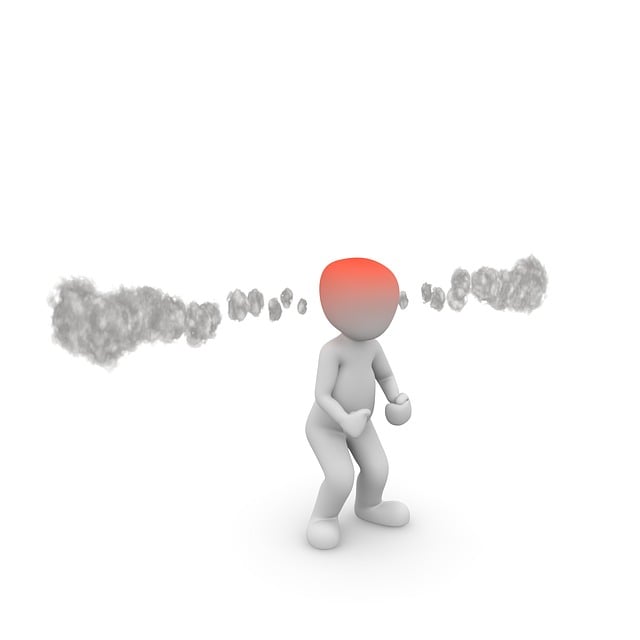The Red Flags of a Bad Therapist: How to Spot an Unsuitable Therapist Before It’s Too Late

Therapy is meant to be a place of healing, understanding, and growth.
But what happens when the very person who is supposed to help you ends up making things worse?
I recently had an experience with a therapist that left me feeling drained, invalidated, and more dysregulated than before I started. It took me some time to process what had happened, but I now see the warning signs clearly.
If you’re looking for a therapist or wondering if yours is the right fit, here are the red flags to watch out for.
1) You Feel Worse After the Sessions
Therapy can bring up difficult emotions, but you should leave feeling at least a little lighter, with some sense of clarity or direction.
I left my sessions feeling completely drained. I had no motivation the next day, and my mood crashed. Instead of progress, I felt like I was spiraling.
One session even left me re-experiencing trauma with no guidance on how to regulate myself afterward. That is not what trauma therapy should be like.
A good therapist helps you process, not just relive, your trauma.
2) Frequent Mistakes and Lack of Attention to Detail
A therapist should remember key details about you. They don’t need to recall every little thing, but if they consistently get basic facts wrong, it’s a sign they aren’t fully engaged.
My therapist:
- Thought I had an older brother when I have a younger one.
- Believed I traveled to Australia every month when my parents live in Europe.
- Assumed I was looking for DBT therapy when I had been clear about my experiences with Solution-Focused Therapy.
One mistake is forgivable. But repeated misunderstandings show a lack of care and presence.
3) Invalidation and Judgment
A therapist’s role is to help you explore your emotions, not make you feel dismissed or judged.
I told her I got phone numbers from a few women but started feeling nervous and unsafe. Instead of addressing the nervous system response, she seemed confused about why I was even getting numbers.
She also asked about my daily routine. I thought this was relevant to something. I shared my routine about work, exercise and socializing in the evening to try to regulate my nervous system. She just stared at me silently and moved on.
No acknowledgment. No validation. Just judgment.
That silence stayed with me. I regretted sharing.

4) Inserting Personal Beliefs Instead of Listening
A therapist should help you explore your own thoughts, not impose their own beliefs onto you.
During one session, I mentioned dating girls. She corrected me to say dating women. That felt strange, but I let it go.
Later, she made a point to emphasize that I was dating “within my age group.” I had never mentioned age.
Why was she inserting something that wasn’t relevant to the conversation?
That comment felt intrusive and unnecessary, and it irritated me for hours afterward.
5) Struggling to Get Them to Understand You
If you constantly have to explain yourself, clarify things, or feel unheard, that’s a major red flag.
I told her my father is a narcissist and has dysregulated my nervous system. She challenged me to define narcissism. I did. She didn’t comment. She just changed the subject.
Later, I explained my automatic trauma survival strategies, and she again challenged me on what I meant. When I gave examples, she still didn’t comment and moved on.
I wasn’t being understood.
A good therapist listens, reflects, and explores—not dismisses.
6) Recommending an Unrealistic and Unhelpful Treatment Plan
At the end of my third session, she recommended two sessions per week for two years.
She also said somatic therapy wouldn’t help me and that I should just do talk therapy instead.
This was infuriating.
I had already spent nine months in talk therapy at the time with no progress. That’s why I sought out somatic therapy in the first place.
A therapist should work with you to find what fits your needs. If their only solution is long-term talk therapy without addressing the root cause, it might be more about making money than helping you heal.
For me talk therapy always felt like a waste of time. Read my story here and you’ll understand what got me into psychology. For me my nervous system requireed regulation and only specialized therapists can really assist with this.
7) Your Body Tells You Something is Wrong

Looking back, my body reacted before my mind did.
• I felt tired and heavy after each session.
• I felt invalidated and frustrated but couldn’t put my finger on why until hours later.
• I had a panic attack during dance class two days after my final session with her.
Your nervous system knows when something is off. Trust it.
Final Thoughts: Trust Your Gut
Not every therapist is right for you. And some, unfortunately, are not qualified to help at all.
If you feel drained, judged, or unheard, it’s okay to walk away.
A good therapist:
✔ Validates your experiences.
✔ Helps you regulate your emotions.
✔ Listens actively and remembers key details.
✔ Works with you to find the right approach.
If your therapist does the opposite, they might be doing more harm than good.
Don’t be afraid to leave and find someone who truly supports your healing journey.